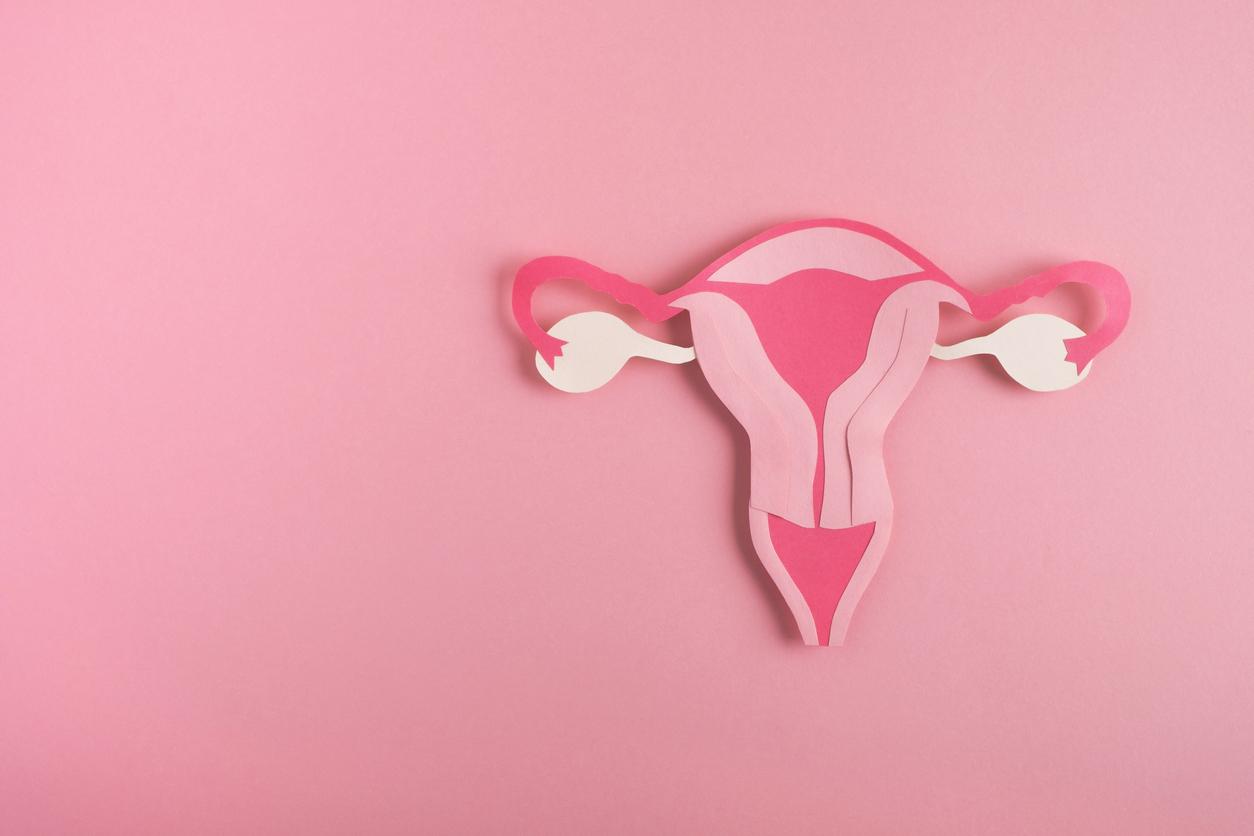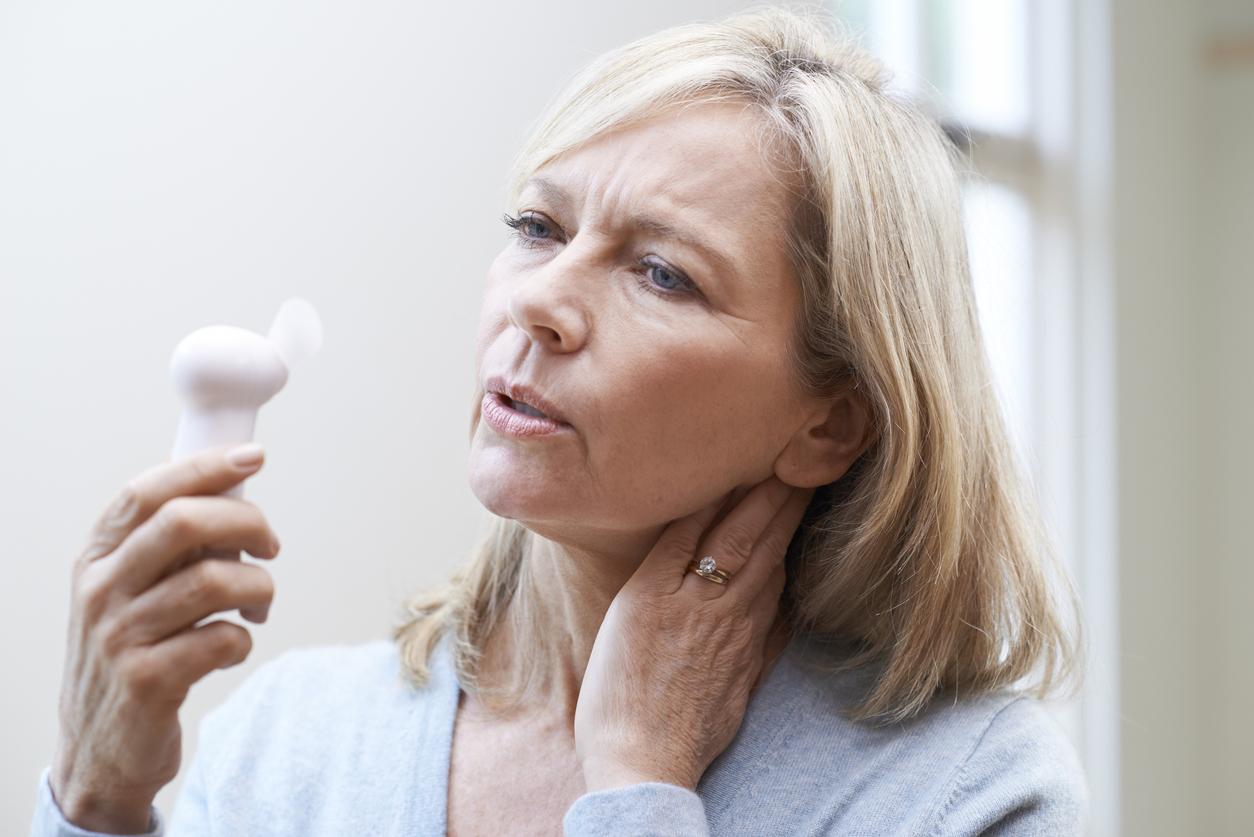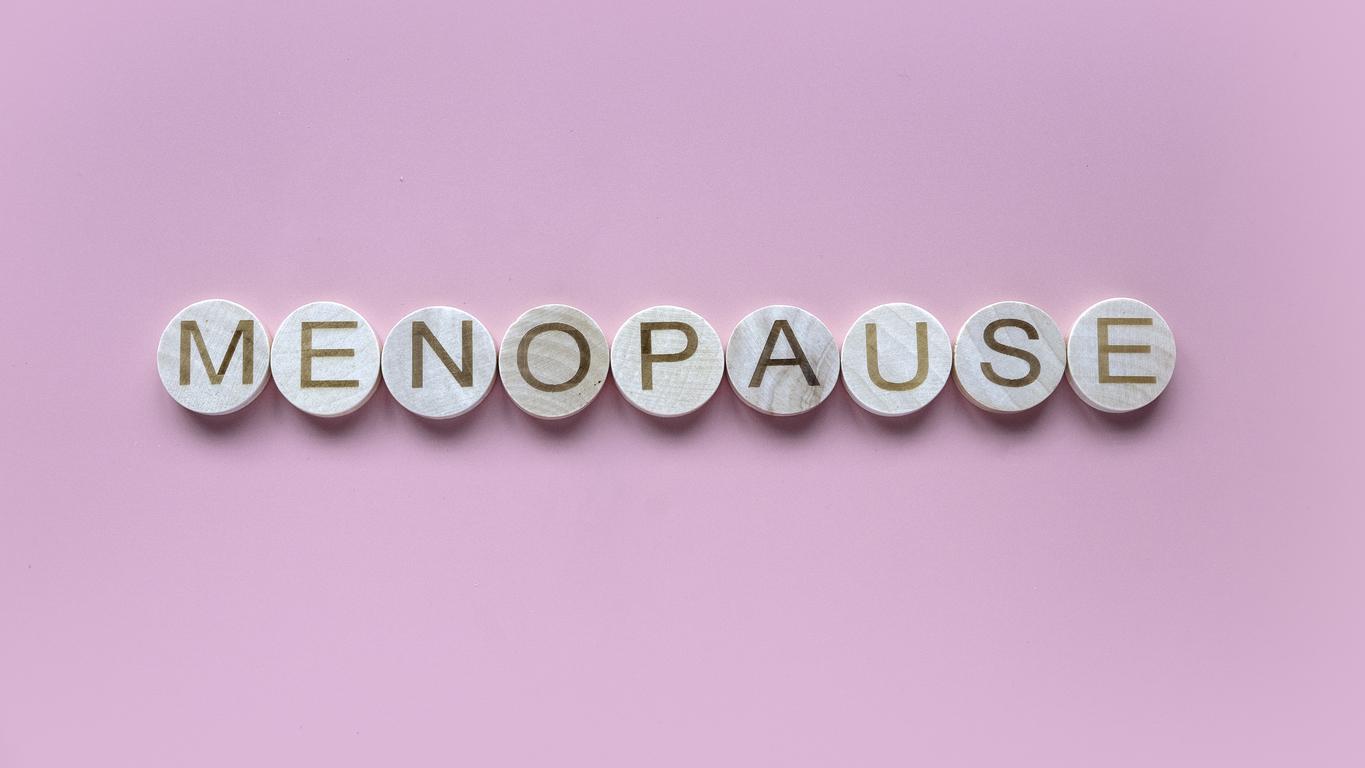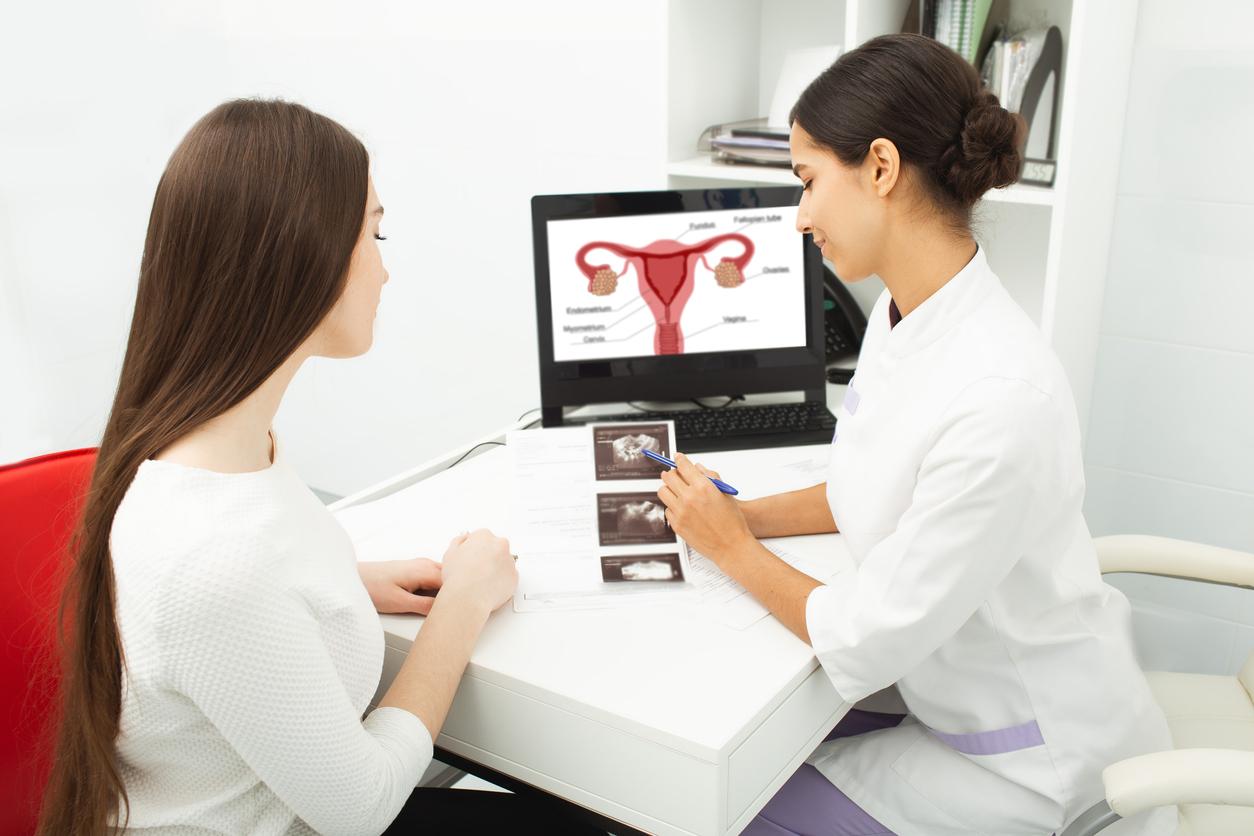Women exposed to arsenic, cadmium, mercury or even lead could have fewer eggs as they approach menopause.

- Exposure to heavy metals, such as arsenic, cadmium, mercury and lead, may reduce the number of eggs in the ovaries as menopause approaches.
- This decrease in ovarian reserve is associated with various health problems linked to premature aging of the ovaries.
- Heavy metals, which are present in drinking water, air pollution and food contamination, “possess characteristics linked to endocrine disruption.”
Several studies have established a link between exposure to toxic metals and reproductive aging in women. However, “the mechanisms are not well understood.” This is why scientists from the University of Michigan in Ann Arbor (United States) carried out a study published in the journal The Journal of Clinical Endocrinology & Metabolism. For the work, the team recruited 549 middle-aged women from the SWAN study who were transitioning to menopause and whose urine samples showed traces of heavy metals, including arsenic, cadmium, mercury or lead.
Arsenic, lead, mercury: fewer eggs due to exposure to heavy metals
The researchers analyzed data from blood tests, indicating levels of anti-Müllerian hormone (AMH), taken up to 10 years before the women’s last menstrual period. “AMH tells us approximately how many eggs are left in a woman’s ovaries – it’s like a biological clock for the ovaries that can indicate health risks in middle age and later in life “, explained Sung Kyun Park, author of the study, in a statement.
According to the results, participants with higher levels of arsenic or mercury in their urine were more likely to have lower levels of anti-Müllerian hormone. The finding was the same for patients exposed to lead and cadmium. This indicates a decrease in ovarian reserve. As a reminder, we speak of reduced ovarian reserve when women have fewer eggs than other people their age. This condition can impact health problems related to early aging of the ovaries, such as hot flashes, brittle bones, and a higher risk of heart disease.
“Heavy metals have characteristics linked to disturbance”
“Heavy metals have characteristics linked to endocrine disruption and can be potentially toxic to the ovaries. We now need to conduct work in the younger population to fully understand the role of chemicals in decreasing ovarian reserve and reduction in anti-Müllerian hormone levels”, concluded Sung Kyun Park.



















